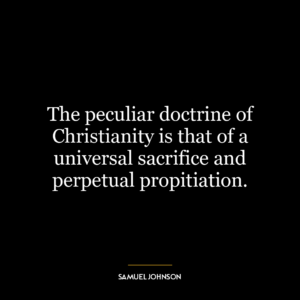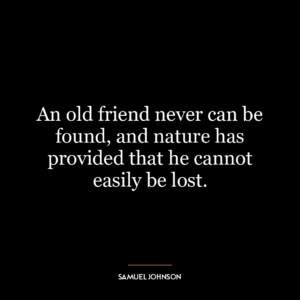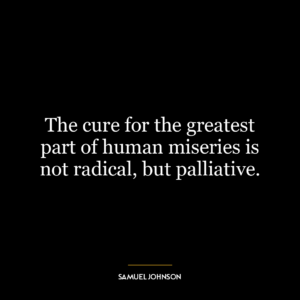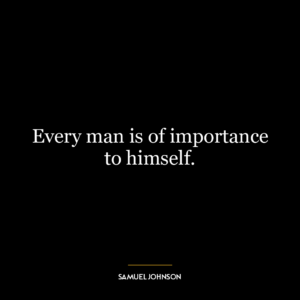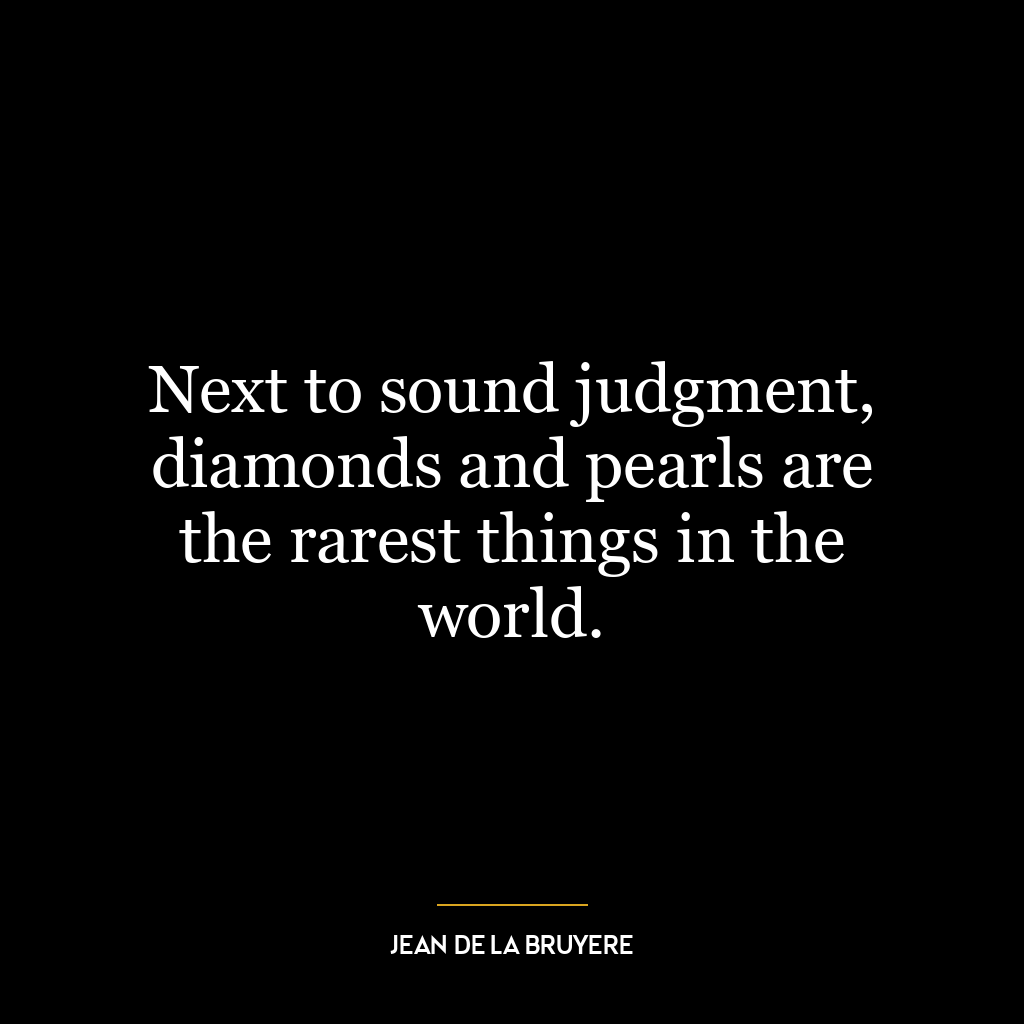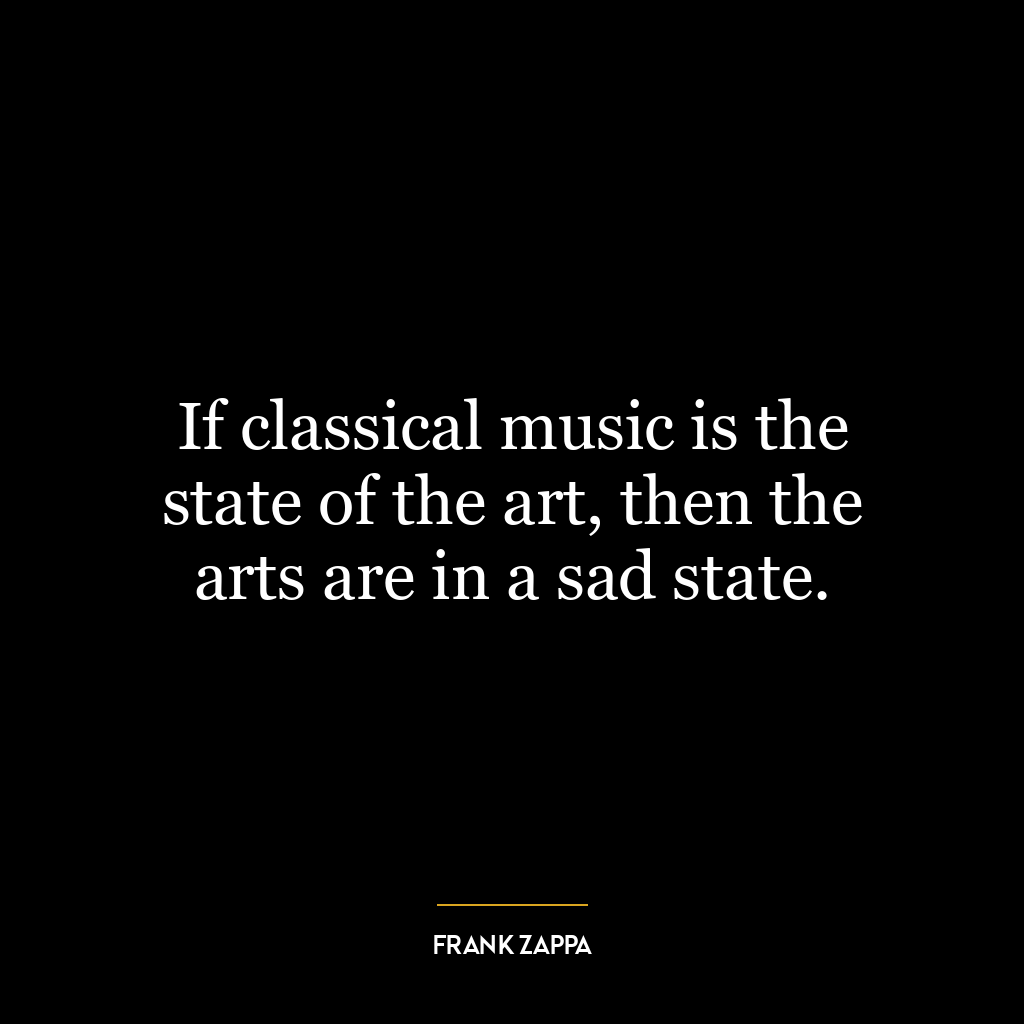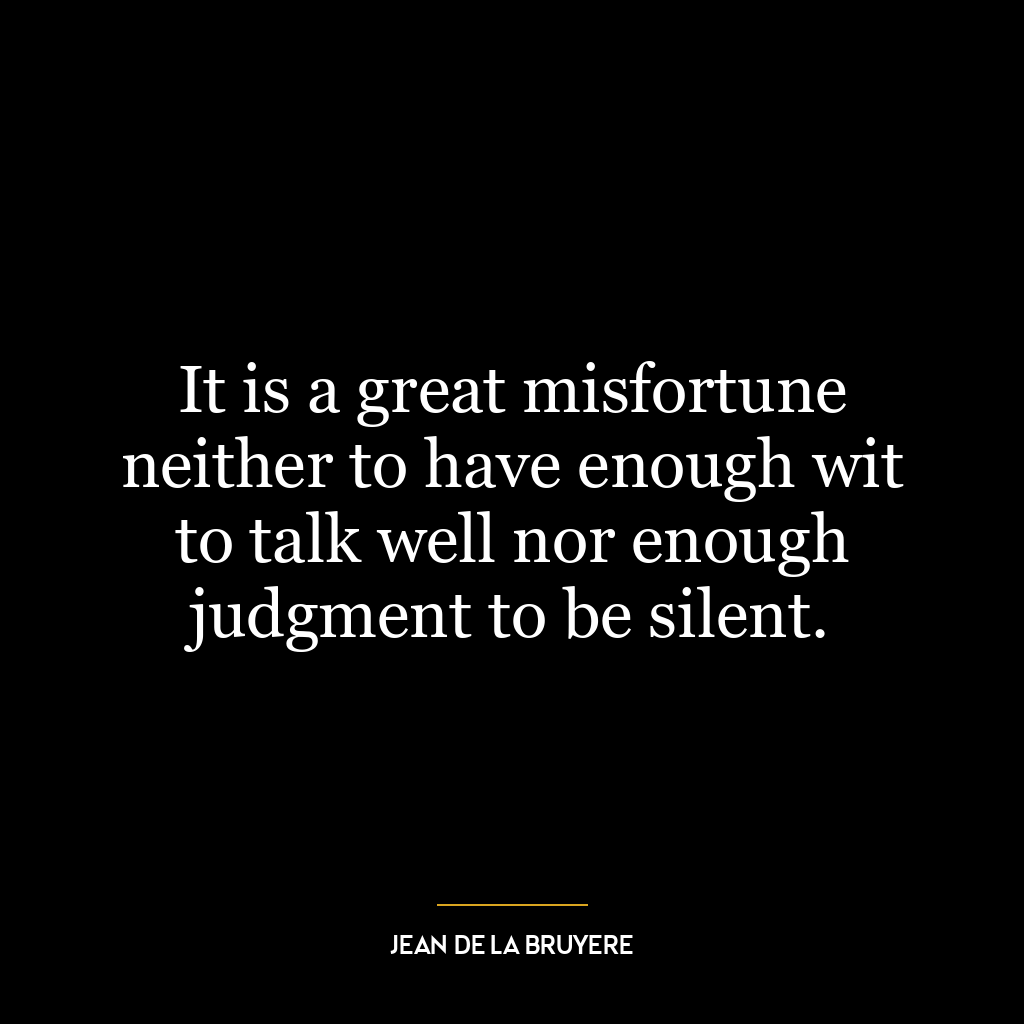Criticism, as it was first instituted by Aristotle, was meant as a standard of judging well.
This quote suggests that the original purpose of criticism, as defined by the ancient Greek philosopher Aristotle, was to provide a standard or benchmark for quality judgment. In essence, criticism was not intended to be negative or destructive but rather a tool for discerning good from bad, effective from ineffective and valuable from worthless.
The term ‘judging well’ implies a fair and balanced assessment based on knowledge, understanding and discernment. It’s about making informed decisions rather than passing subjective opinions. Therefore, such criticism can be seen as constructive feedback that helps improve the object of critique.
Applying this concept in today’s world might involve redefining our understanding of criticism. In many aspects of society – such as art, literature, politics or even personal behavior – we often encounter criticism in various forms. If we approach it not as an attack but as a tool for improvement based on Aristotle’s definition then it becomes less about defending ourselves against negativity and more about learning how to better our work or actions.
In terms of personal development, this perspective can help us become more open to feedback and less defensive when faced with criticism. Instead of viewing it as an affront to our self-esteem or abilities we can see it as an opportunity for growth and improvement.
Moreover, if we adopt this Aristotelian view when offering criticisms ourselves — ensuring they are fair-minded assessments meant to encourage improvement rather than tear down —we contribute positively towards others’ growth while also fostering healthier relationships built on mutual respect and constructive dialog.
So in essence: Criticism should serve not just to point out flaws but also guide towards excellence; not just identify what is wrong but illuminate what could be right; not merely expose weaknesses but suggest ways towards strengthening them; ultimately helping us strive closer toward our full potential.





